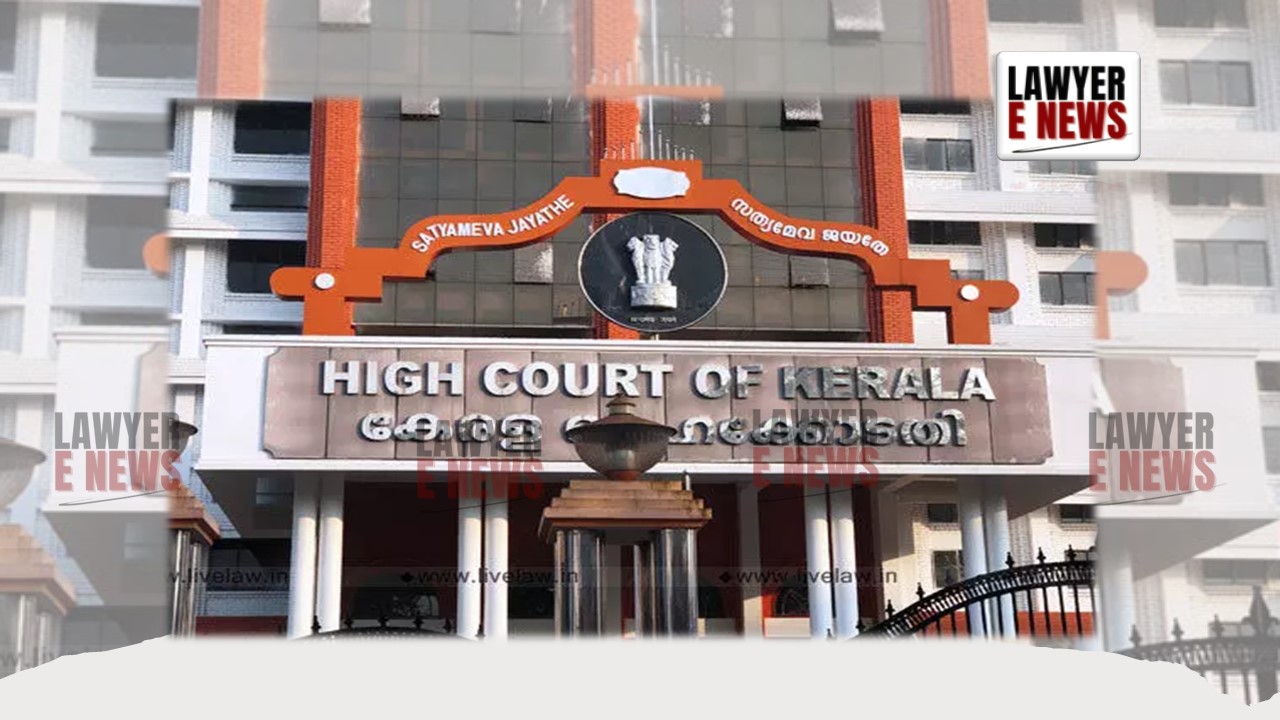-
by Admin
15 February 2026 5:35 AM



The Kerala High Court, in its judgment dated November 19, 2024, upheld the trial court’s decree directing recovery of 3.47 acres of land claimed by the Cochin Devaswom Board for the Ashtamangalam Temple. The appeals challenging the judgment of the Subordinate Court, Thrissur, were dismissed. The court emphasized the admissibility of revenue records and historical evidence in establishing the temple's title over the disputed land.
The appeals—AS No. 720 of 1998, RFA No. 331 of 2006, and FAO No. 118 of 2004—arose from the trial court's judgment dated December 7, 1994, in a suit filed by the Cochin Devaswom Board. The suit sought possession of the land listed in Survey No. 454 of Aranattukara Village, Thrissur, which had been unlawfully occupied by defendants over the previous decade.
The trial court found in favor of the plaintiff, decreeing the recovery of the land, which was supported by entries in the settlement register (LR Patta No. 295), historical records, and oral evidence. The defendants contended the land was classified as "puramboke" (government land), claiming adverse possession and citing the existence of constructions and long-term usage.
The defendants argued the suit was invalid for failing to include certain parties. However, the court clarified that the disputed land in Survey No. 454 was distinct from the land associated with omitted individuals, rejecting the claim of non-joinder.
The High Court reaffirmed that entries in the settlement register supported the temple’s ownership of the land. The court cited Vallikkunnil Janaki Amma v. Shree Amruthamangalam Kshethram Moorthi (2014) as precedent for accepting such records as evidence of title unless rebutted. It also observed that the defendants had failed to produce substantial evidence challenging the temple's ownership.
The defendants’ claims of adverse possession were dismissed due to a lack of continuous and uninterrupted possession for the statutory period. The court held that public and unchallenged possession by the temple negated such claims.
The appellants sought to introduce new evidence under Order XLI Rule 27 of the Code of Civil Procedure, citing the inability of certain defendants to participate in earlier proceedings due to illness and old age. The court denied this request, emphasizing the lack of due diligence in producing such evidence during the trial stage.
The High Court dismissed all appeals and affirmed the trial court’s decree. It noted that the appellants failed to substantiate their claims and justified the temple’s title with clear evidence. The court also refused to remand the case, citing established principles against unwarranted retrials.
Date of Decision: November 19, 2024
